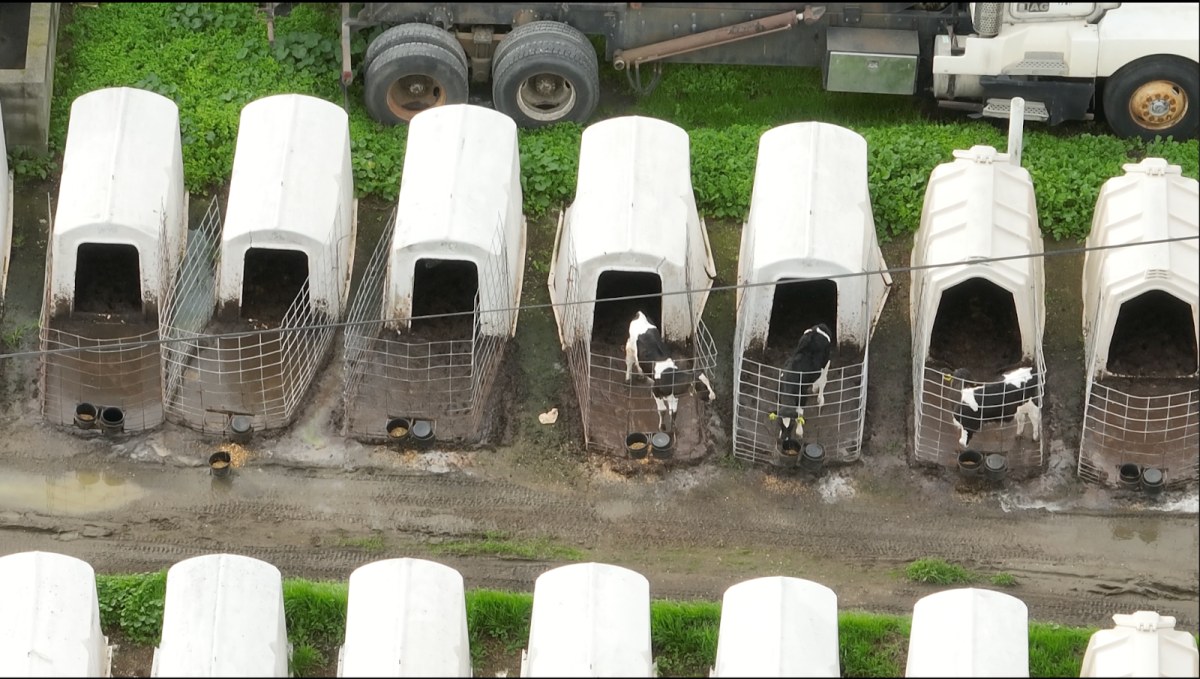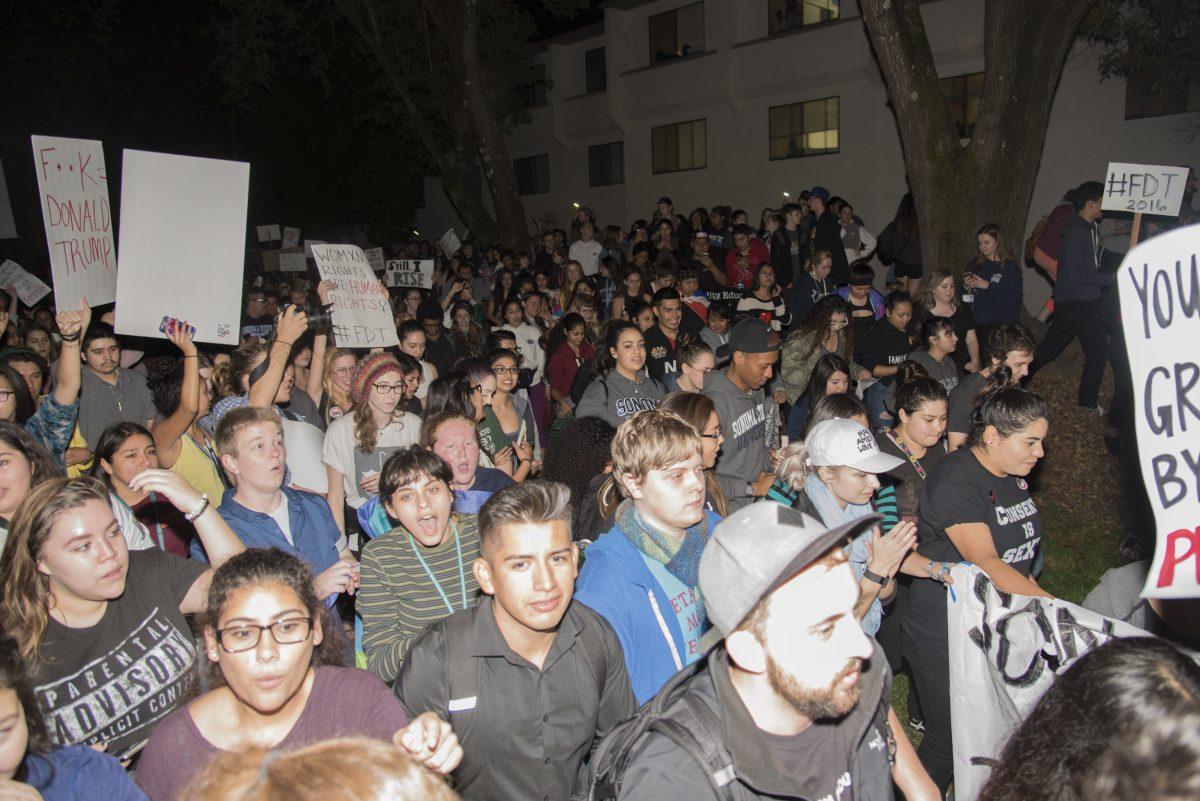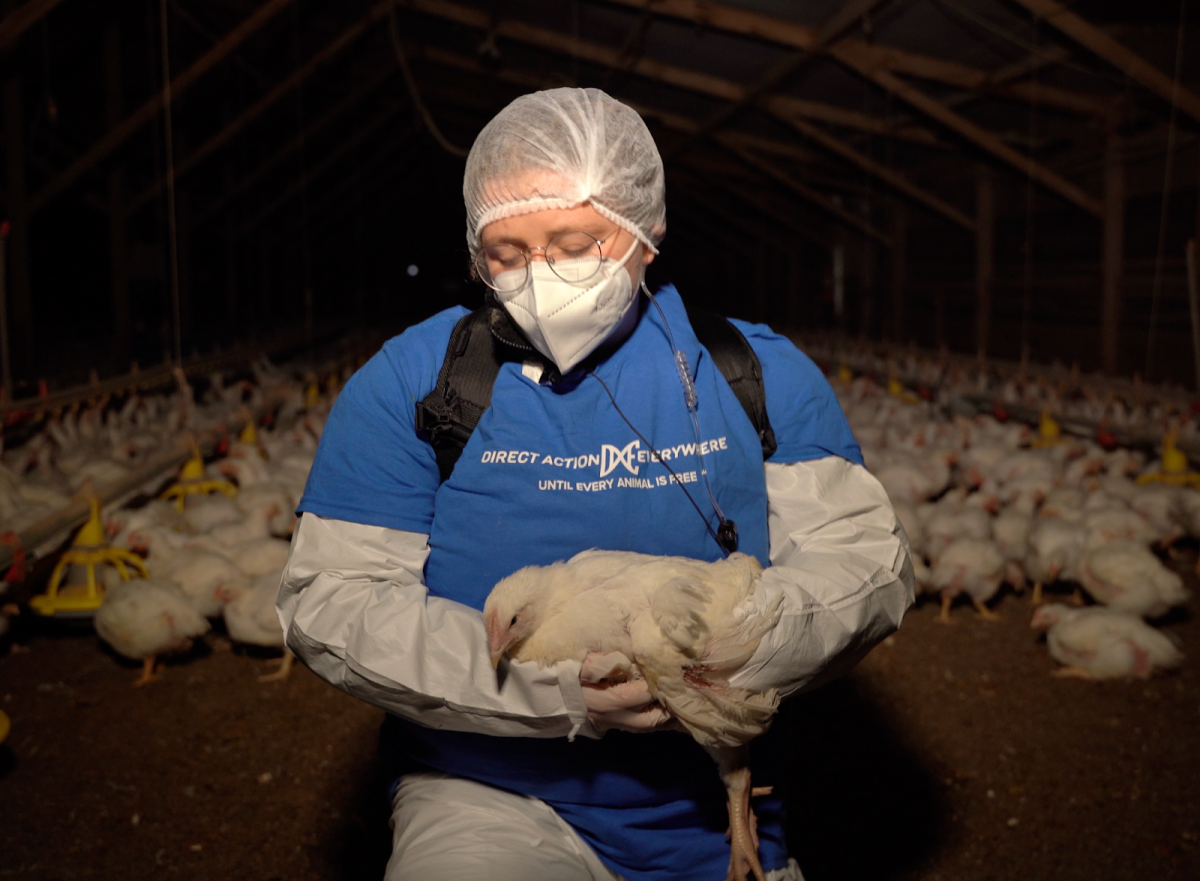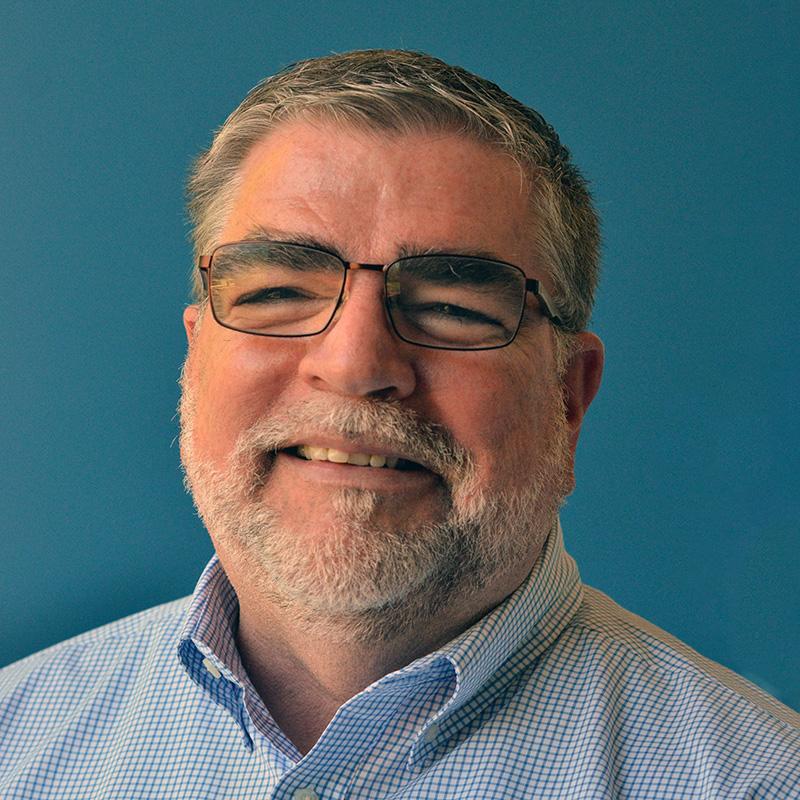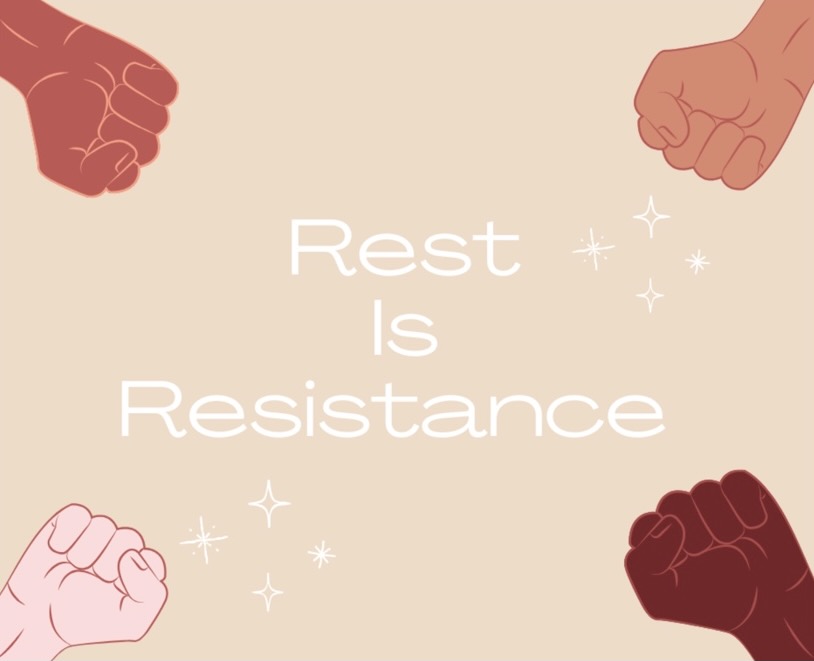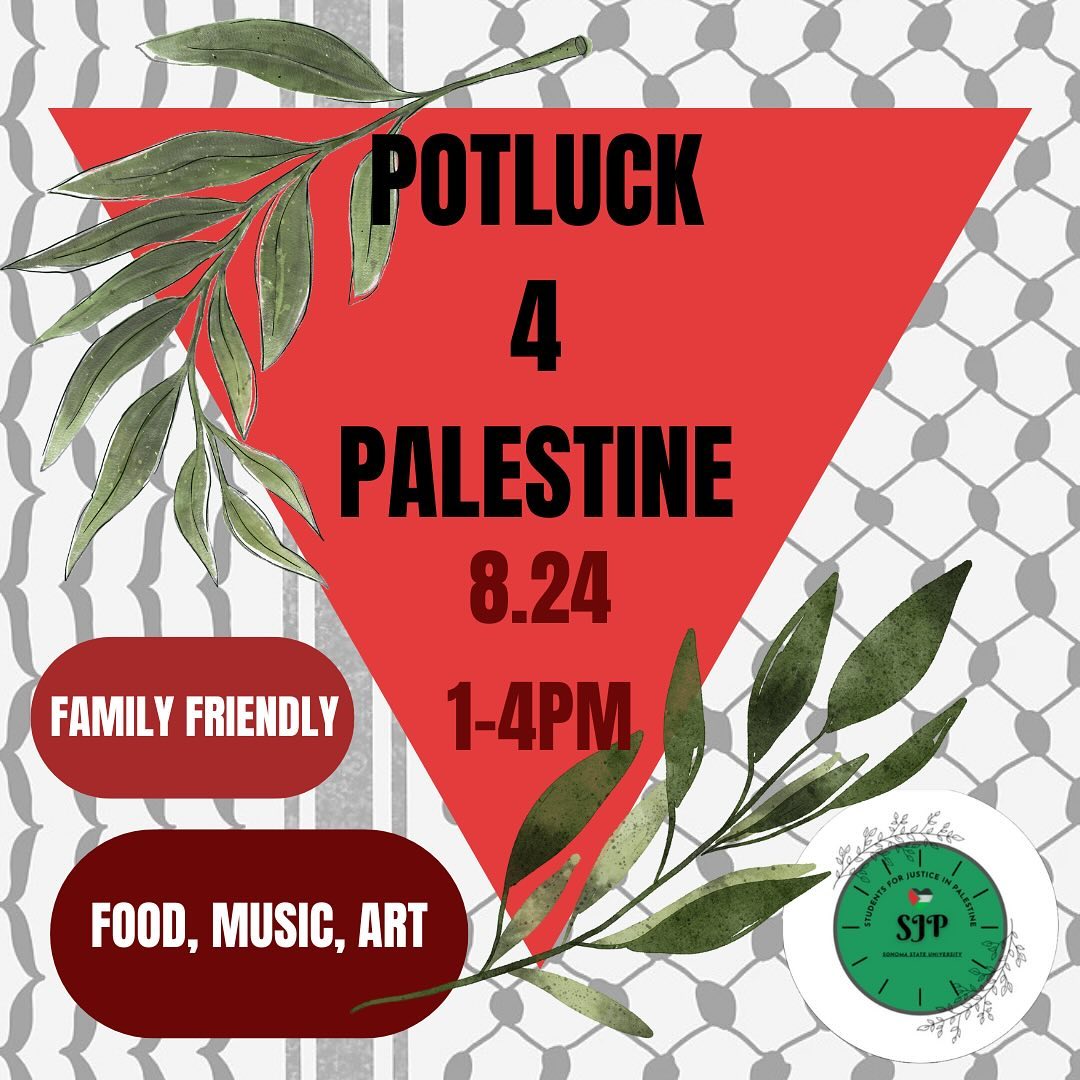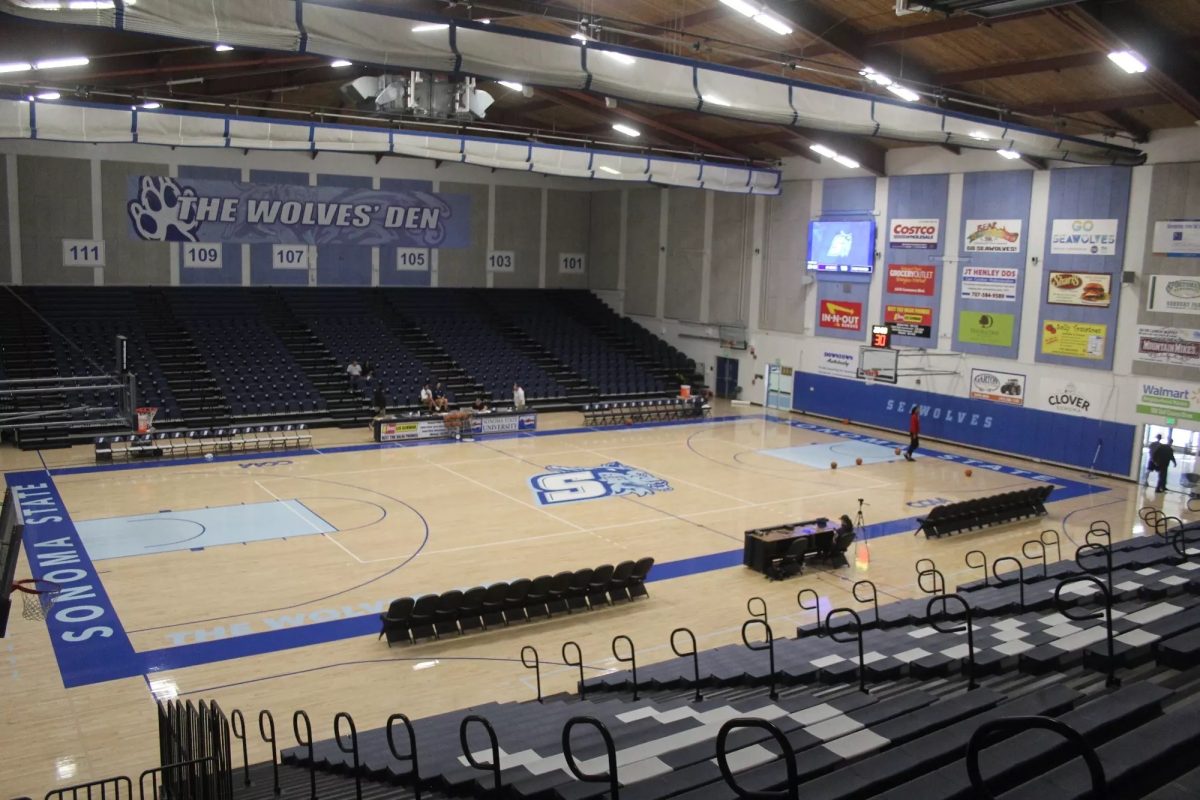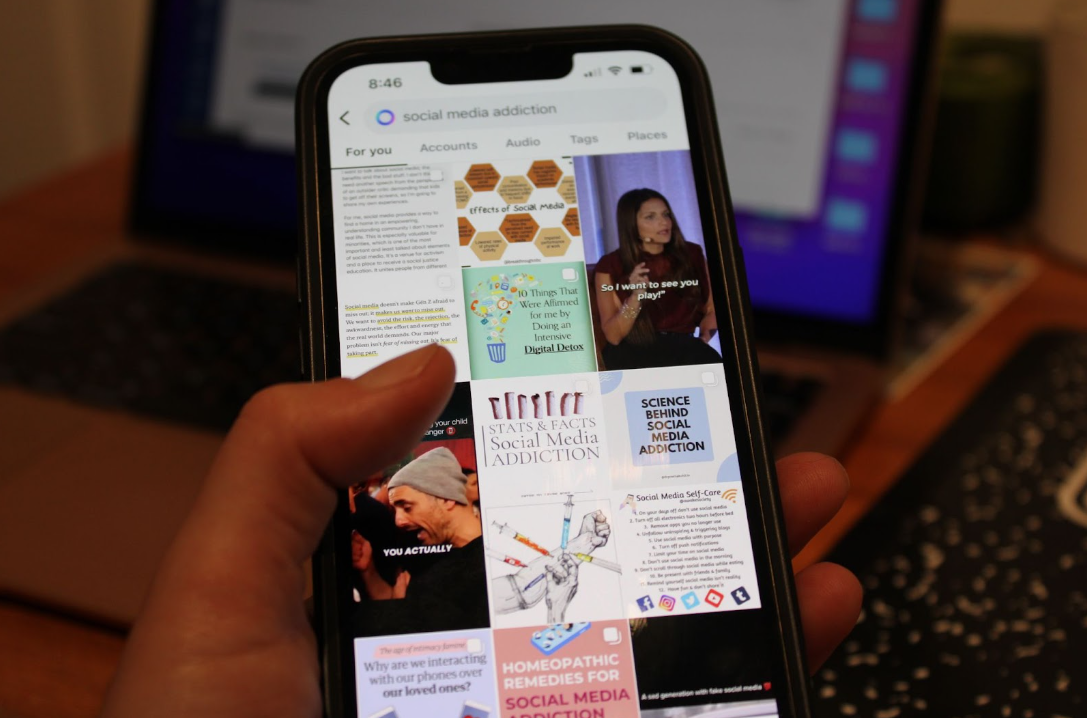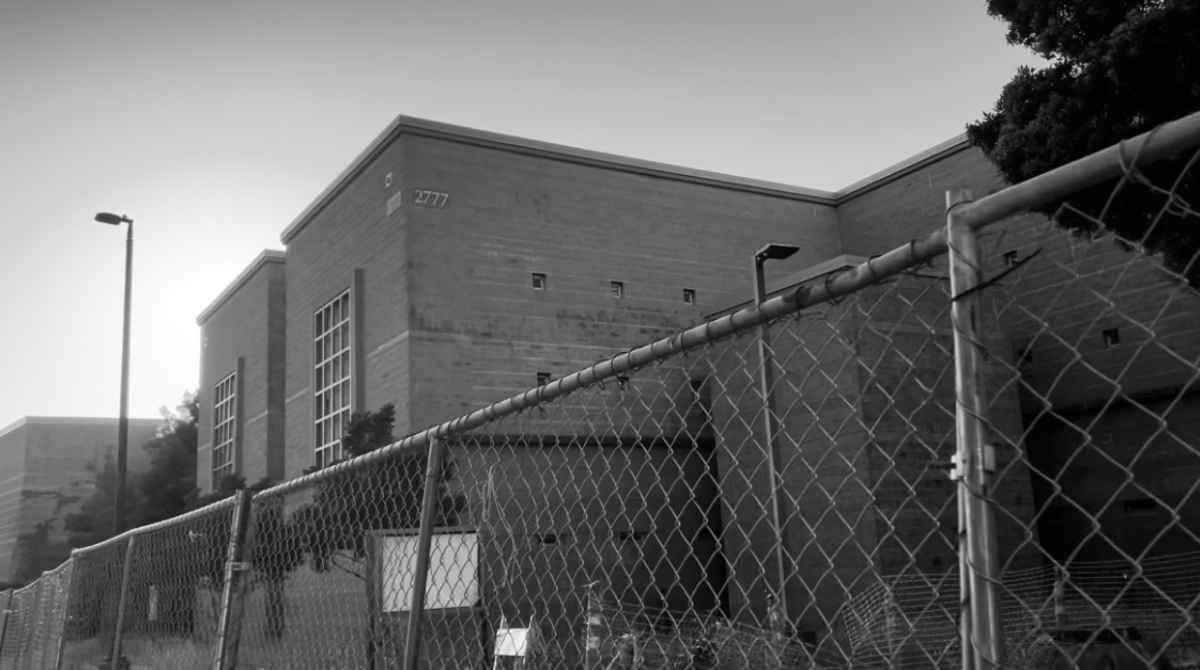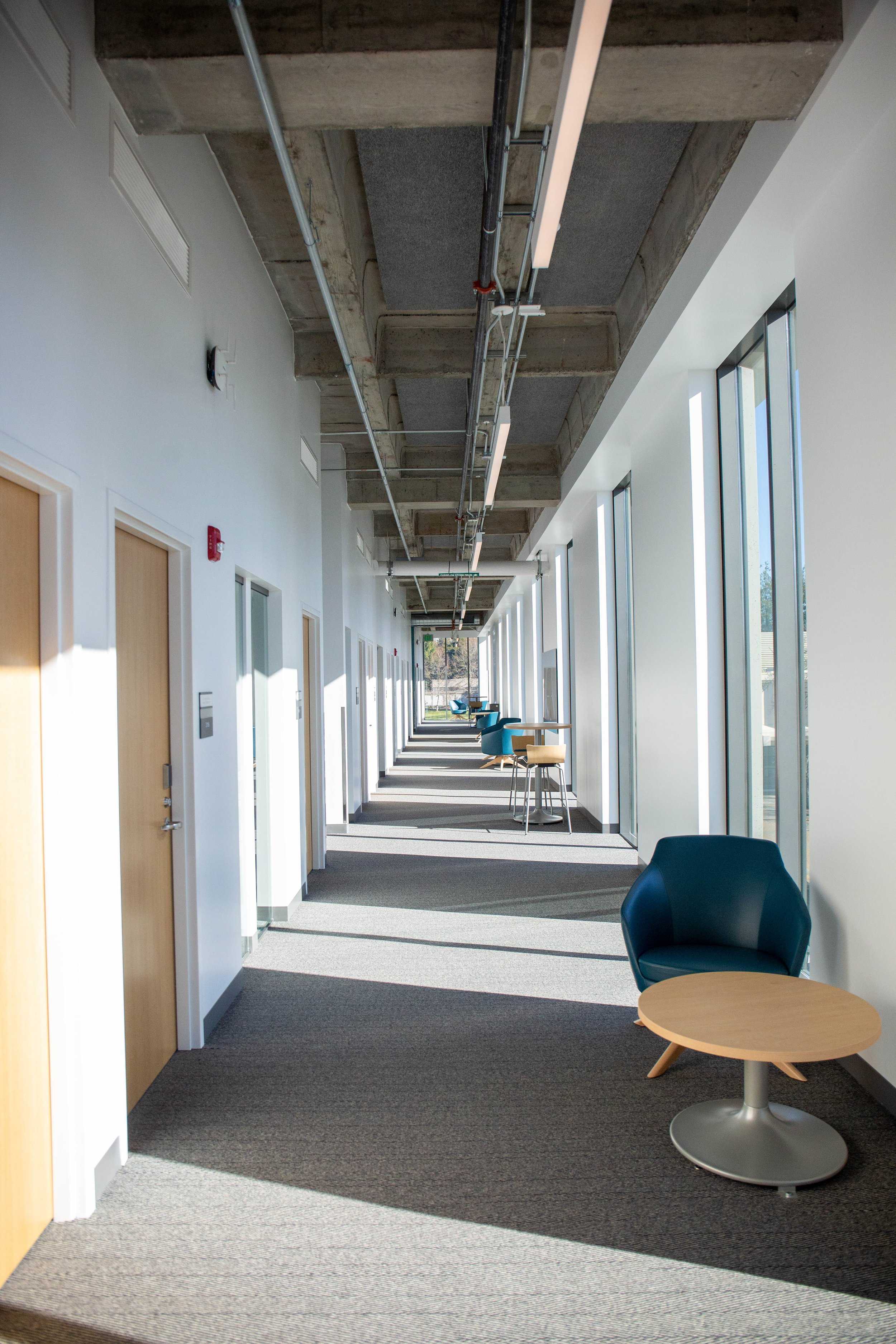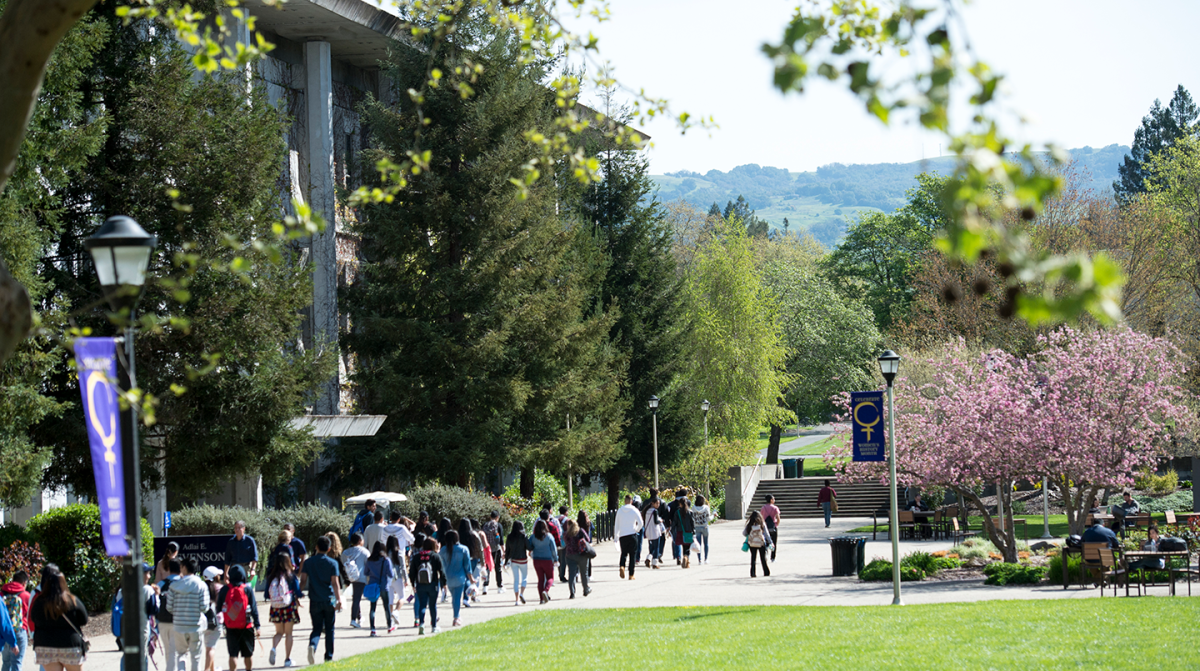A student body can affect change in a university just as much as the university can affect its students. This past week Sonoma State’s Academic Master Plan team was working to advance positive change on campus by hosting an open forum.
The forum took place on Tuesday from 5:30-7:30 p.m. in The Kitchens, where students could chat with the team and fill out a feedback survey on how class scheduling can be improved, major options, and what about SSU’s identity attracted them to apply.
One question AMP’s feedback survey asked was: “Would you like more classes at certain times of the day, in certain modalities, one day versus two days?” Third-year computer science major Brody Lang shared “I know my classes I have left to graduate, some of them are in the morning and some of them are in the evening, so next semester I’m gonna be stretched over the whole week. [The classes] are all the end of my major like people need to be taking all of those classes at the same time and they’re just scheduled all over the place.”
Biology Professor Richard Whitkus is a part of the AMP team and explained the team’s goals at the forum, “SSU, like all universities in California, and most universities in the country, is now experiencing an enrollment decline, and with that, the universities are trying to figure out with fewer resources, how can we become more effective and efficient in regards to helping increase our student enrollment, and try to make sure that we are a University that students want to come to.”
Associate Vice President of Academic Affairs & Dean of Undergraduate and Graduate Studies Stacey Bosick was in attendance at the forum and explained “[AMP] consists of faculty, staff, and administrators who are getting together in the spirit of shared governance to make the University a better place in terms of curricular and with respect to all of our students.”
The forum was open to all Seawolves for input; They just had to say “I’m here for the AMP forum” to get in.
Bosick added, “If students didn’t show up here tonight, another way they can participate is through their student rep. We have a student representative on each of the subcommittees of the AMP process so [SSU students] can connect with their student representative and offer input through them as well.” She turned to the other end of the table and asked Senior Director of Budget & Planning Mike Ogg for the AMP e-mail. He promptly answered: “[email protected].”
There are three major working groups within AMP, the programs group evaluates current programs and fosters new ones. The academic scheduling working group aims to streamline and make course scheduling more effective. The final major working group is the steering committee, which oversees all of the working groups and makes sure they remain coordinated and work in the same direction.
Within the steering committee, there is a subcommittee focused on the mission of SSU. Whitkus explained, “We want to make sure our mission integrates very well with our vision of us being a liberal arts and sciences institution and to try and really solidify what that means, so we can actually advertise that to faculty and students so that when they come to the university, they know what they’re coming here for. A university’s reputation is built upon many things, one thing being: what’s the purpose of this university? Why’s it there? That’s where a university can come forward and say: here’s what our mission is.”
With the involvement of students, this mission can become more focused and effective in serving the student body for success.

